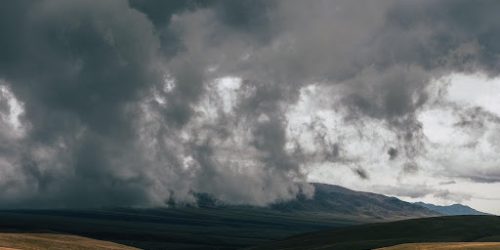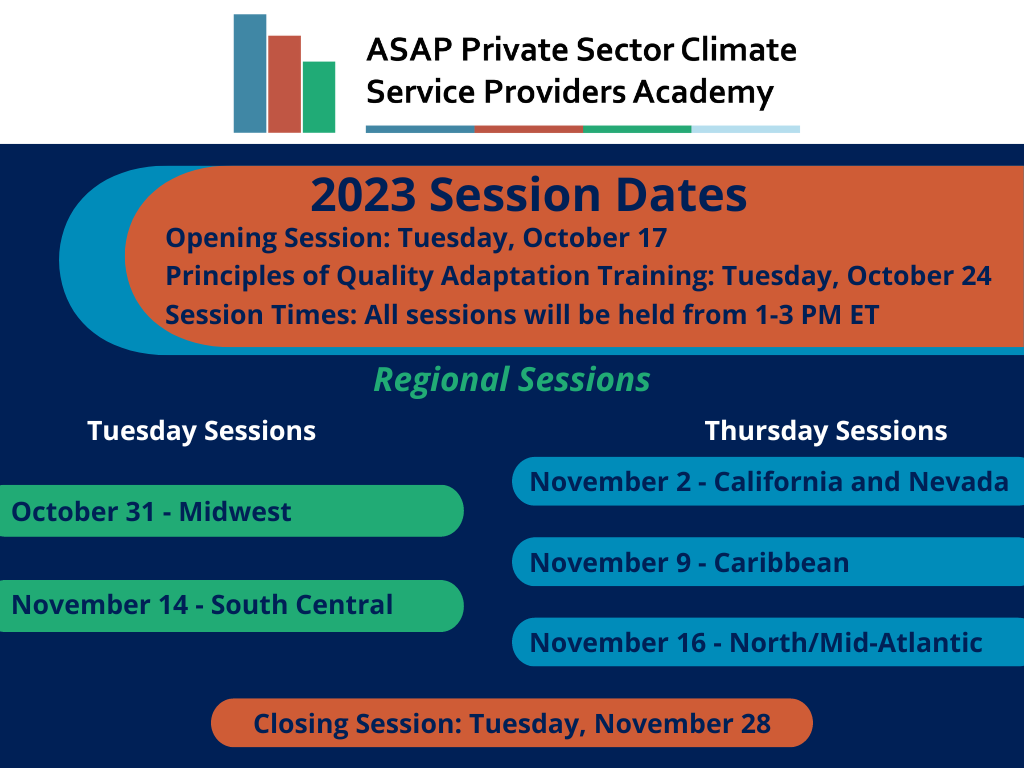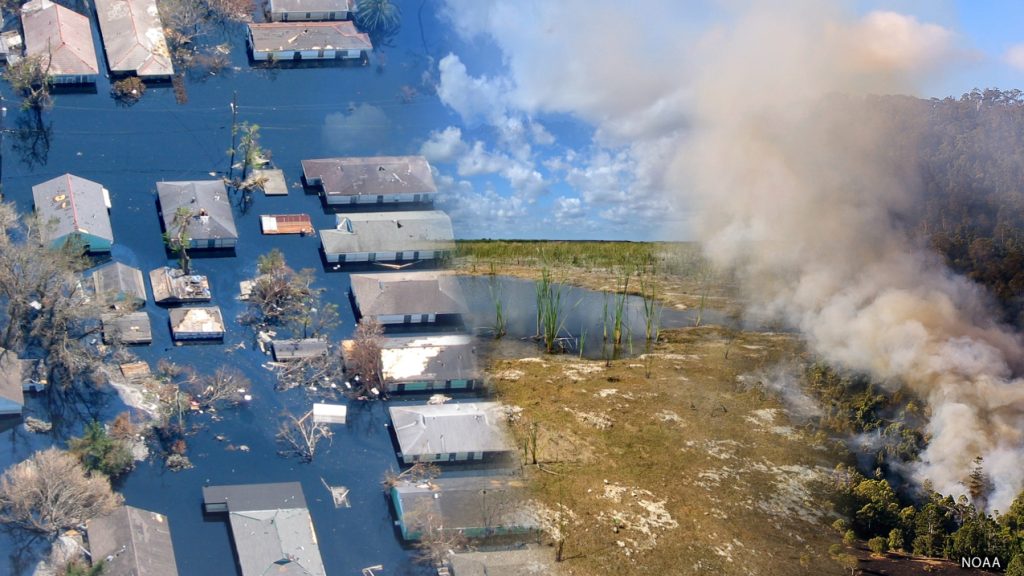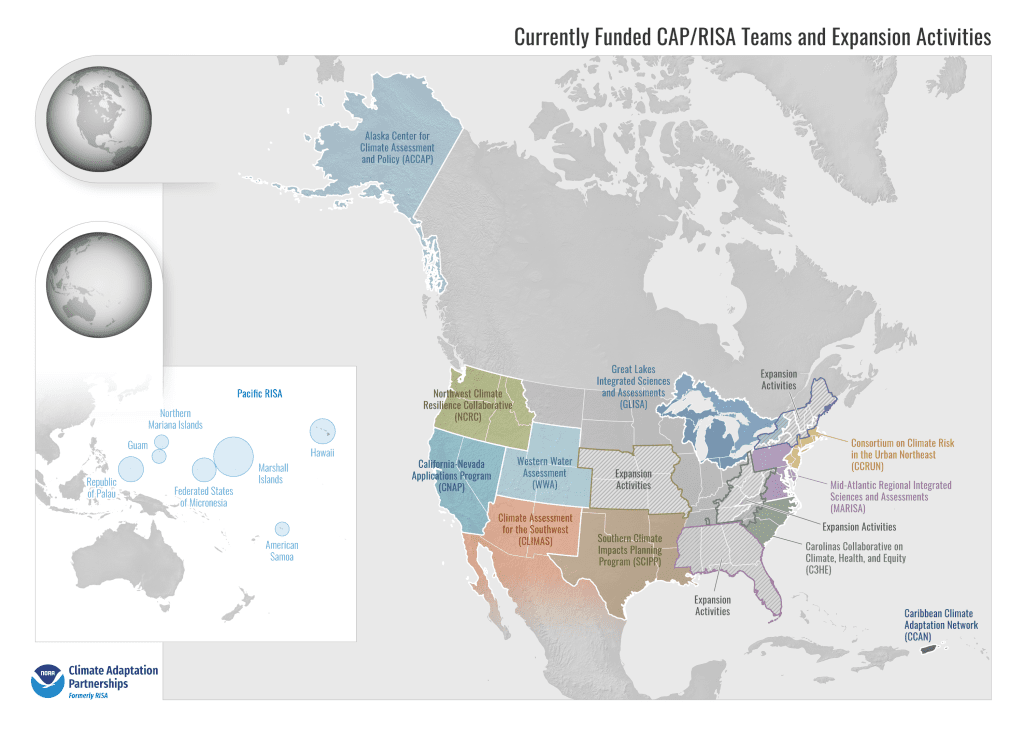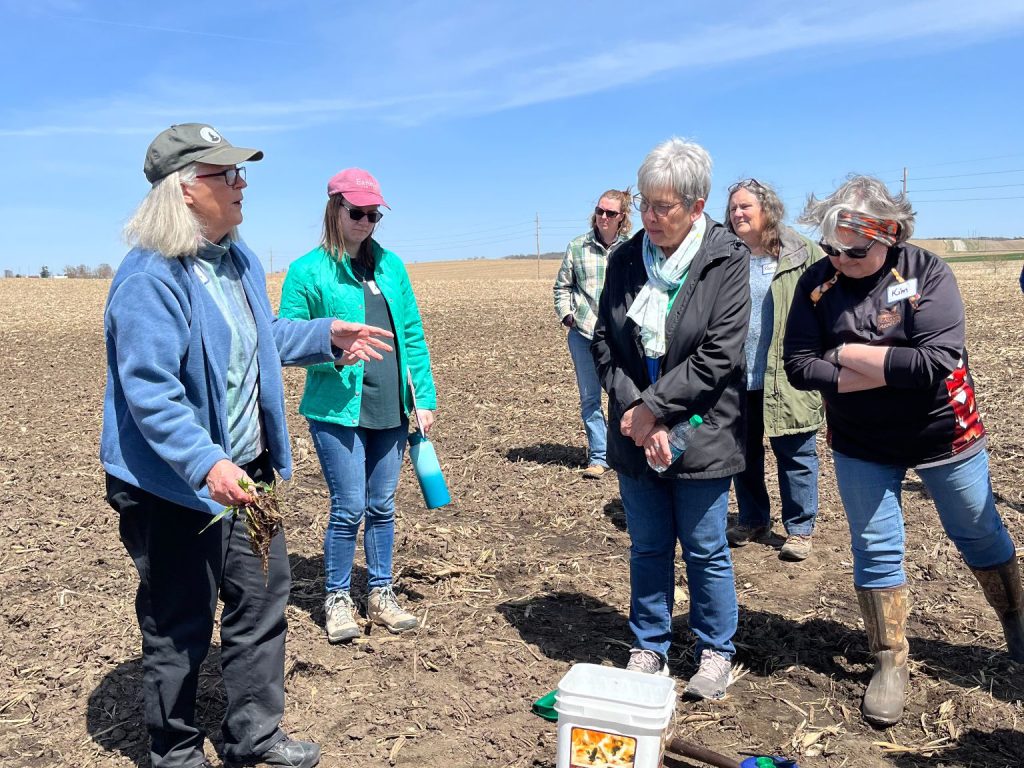More News
The virtual academy will promote the development of higher-quality climate services within the commercial climate services marketplace….
NOAA announced that $3.9 million in funding will be awarded over four years to existing CAP/RISA teams and expansion activity regions….
The CAP/RISA Program is soliciting applications for regional teams covering the Upper Northeast and Southeast….
NOAA has announced $6 million in funding over five years to be awarded to the University of Iowa and its partners to expand collaborative research…
CAP/RISA funding was critical in launching Ladd Keith’s successful career in heat governance….
Funding will support NOAA effort to strengthen climate adaptation…



